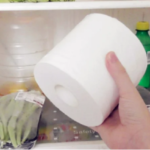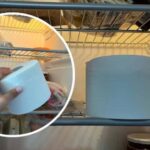It’s common knowledge that the refrigerator’s power consumption is directly related to its temperature. While a higher temperature will lead to energy savings, if it gets too warm, the food preservation efficiency decreases significantly. Therefore, during the summer, it’s best to maintain your refrigerator and freezer temperatures between 4-8 degrees Celsius. The specific setting depends on the size of your fridge and the amount of food you store.
If your refrigerator is empty, set it to 8 degrees Celsius. If you have more food, adjust it to 4 degrees Celsius. Some refrigerators have a gear-shaped adjustment knob. In that case, for a five-gear system, set it to the second or third gear, and for a seven-gear system, opt for the third or fourth gear.
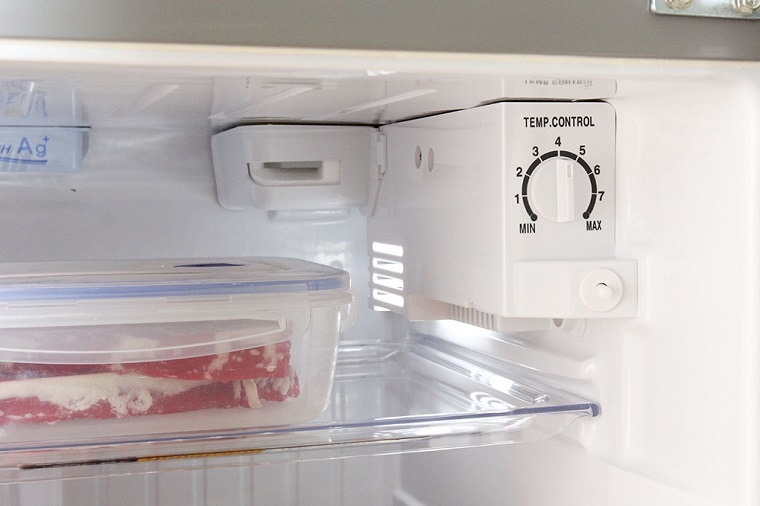
For the freezer compartment, the ideal temperature is -18 degrees Celsius. Frozen foods can quickly spoil if not kept at a consistently low temperature. Thus, regardless of the season, try not to alter the freezer’s temperature. In winter, when indoor temperatures may match the fresh-keeping range, you can adjust the temperature to save energy. Still, always adhere to the 4-8-degree Celsius range to ensure effective food preservation.
Most modern refrigerators are smart appliances, allowing you to control the temperature with a simple button press. This eliminates the need for manual adjustments and can even remind you to modify the settings based on external environmental changes.
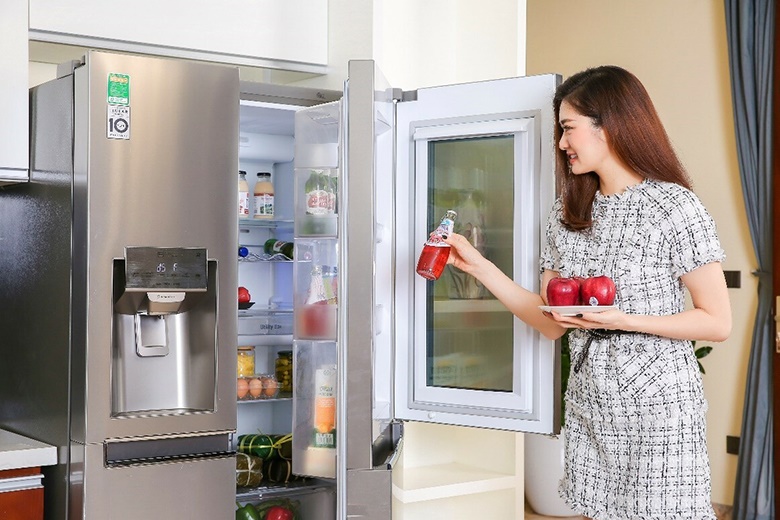
Important Considerations for Temperature Adjustment
During colder months, you can set the temperature knob to level 3 and increase it to level 4 when the weather turns hotter. Additionally, adjust the temperature according to the amount of food in your refrigerator.
To conserve energy when using your refrigerator, aside from maintaining the appropriate temperature, keep the following in mind:
– Avoid constantly unplugging the refrigerator when not in use.
– Place the refrigerator in a well-ventilated area, away from heat-generating appliances like gas stoves or microwaves.
– Refrain from keeping the refrigerator door open for extended periods to prevent cold air from escaping.
– Regularly clean your refrigerator and check the door seals to ensure no cold air leaks.
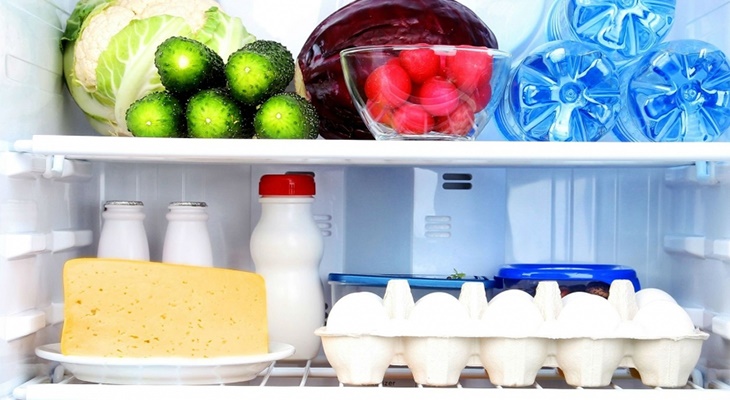
By An Nhiên – Vietnamnet
The Secret to Freshness: Why You Should Keep a Roll in the Fridge
A handy household tip that has been doing the rounds on social media is placing toilet paper in the fridge. But why? Well, this unusual trick actually has multiple benefits. First, it can help to absorb any excess moisture, keeping your fridge dry and preventing mold or mildew. Secondly, the paper can act as a deodorizer, absorbing and neutralizing any strong odors from foods like onions or fish. This simple hack can help keep your fridge fresh and odor-free, ensuring your food stays tasty and prolonging its lifespan. It’s a cost-effective, easy solution that many have sworn by, and it might just become your new go-to trick for keeping your fridge in top shape!

























